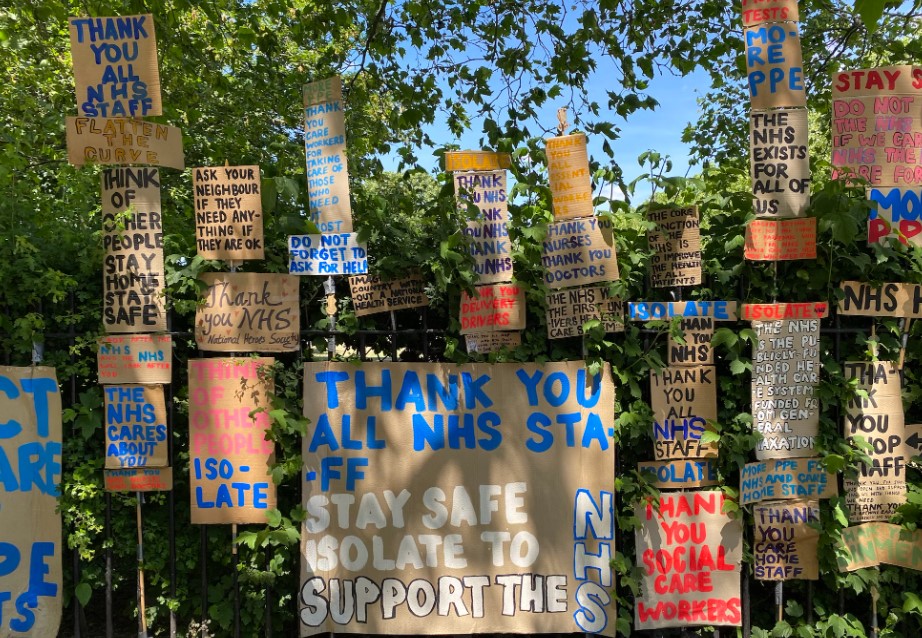When expressions of gratitude come your way, the conventional “you’re welcome” might feel a bit monotonous. Let’s delve into the art of responding to thank-yous with a touch of flair. Here, I’ll expand on the provided list, offering insights and additional alternatives for when you’re pondering how to reciprocate gratitude.

Navigating Gratitude: Beyond ‘You’re Welcome’
Responding to ‘thank you’ is an art, and the canvas is vast. While the classic ‘you’re welcome’ has its place, consider these alternatives to add nuance to your interactions.
Verbally Expressing Gratitude:
For Personal Connections:
- “Anytime”
- Ideal for close relationships, it signifies a readiness to assist again, emphasizing your willingness and connection.
- “I’m always happy to help”
- Strikes a balance between formality and warmth, making it suitable for both professional and casual contexts.
- “It’s nothing”
- A humble response for situations where excessive gratitude is expressed, reassuring the person that no elaborate thanks are needed.
- “Not a problem”
- A casual yet reassuring acknowledgment that the favor was gladly extended and future requests are welcome.
- “No worries”
- Indicates that the favor was genuinely inconsequential to you, promoting a laid-back and approachable atmosphere.
For Professional Settings:
- “Sure”
- An efficient response when the moment doesn’t warrant a grand display of gratitude. It subtly communicates a willingness to move forward.
- “Think nothing of it”
- Perfect for friends, it conveys a spontaneous, selfless act without expecting reciprocation, fostering a sense of ease in the relationship.
- “That’s okay”
- Suggests that a verbal acknowledgment suffices, particularly when someone offers to repay for your kindness.
- “Happy to oblige”
- Conveys that the joy derived from assisting was reward enough, emphasizing the intrinsic motivation behind the action.
- “The pleasure was all mine”
- A polite twist on ‘you’re welcome,’ alleviating the other person from feeling an overwhelming sense of obligation.
- “You’d do the same”
- Reserved for close friends, it underlines the mutual understanding that in your bond, favors flow effortlessly both ways.
- “No, thank you”
- Appropriate when expressing gratitude for an invitation, turning the appreciation back to the host with a reciprocal gesture.
- “Absolutely!”
- Asserts your eagerness to assist and reinforces that it was a genuine pleasure to be of help.
- “It’s my duty”
- In professional settings, it clarifies that the action was within the realm of responsibilities, dispelling any notion of it being an exceptional favor.
- “De nada”
- Injects a playful and lighthearted touch, especially suitable when the deed wasn’t a substantial effort.
- Injects a playful and lighthearted touch, especially suitable when the deed wasn’t a substantial effort.
Texting Thanks:
- “Emoji”
- A simple smiley face adds a friendly and informal touch, signaling that the appreciation is well-received.
- “It was no big deal, really”
- In the face of effusive gratitude, this text conveys that the gesture was effortless, downplaying the need for excessive thanks.
- “Oh, that’s alright!”
- Rejects unnecessary actions or gifts, emphasizing that the sentiment itself is sufficient acknowledgment.
- “It’s all gravy”
- A casual expression suitable for friends, communicating comfort with the exchange and downplaying formality.
- “Of course”
- Asserts the ease with which the favor was done, suggesting that it was a natural response to the situation.
- “I’d do it again!”
- Implies that the favor was a joy and not a burden, reinforcing your willingness to assist in the future.
- “Don’t mention it”
- Perfect for unasked favors, it indicates that the act was done willingly, without expecting recognition.
- “No biggie!”
- A laid-back phrase among friends, emphasizing the simplicity of the favor without making it a big deal.
- “It’s the least I can do for you”
- Appropriate for reciprocal situations, expressing a desire to repay kindness received in the past.
- “Don’t sweat it”
- Encourages the person to accept the assistance without overwhelming gratitude, suggesting that the effort was minimal.
In Conclusion:
Responding to gratitude is an opportunity to enrich your interactions. Whether verbal or through text, choosing the right acknowledgment adds depth to your relationships. So, the next time someone says ‘thank you,’ feel free to explore these alternatives, turning a routine exchange into a nuanced moment of connection. After all, understanding how to respond to gratitude is a subtle yet impactful aspect of human interaction.

